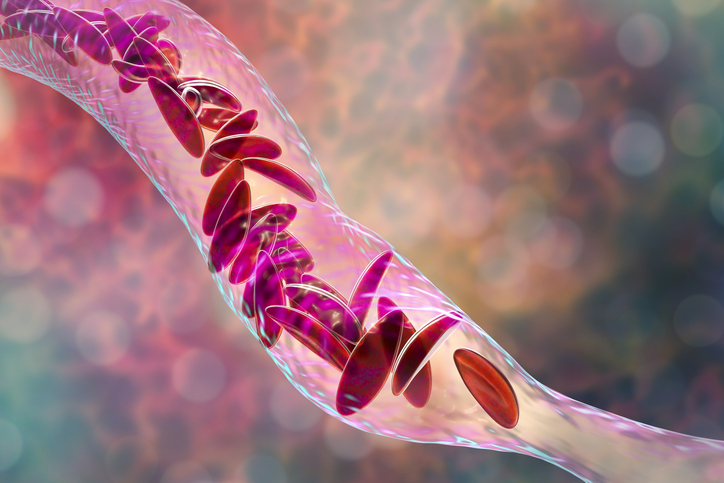With everything new that comes with pregnancy, many pregnant people experience memory issues. But is...
Read More

Sickle cell disease affects millions of people all over the world. This inherited blood disorder is characterized by flawed hemoglobin—the protein in red blood cells that carries oxygen to the tissues of the body. While normal red blood cells are smooth, disk-shaped and move easily through the blood vessels, cells with sickle cell hemoglobin are stiff, sticky and have the tendency to clump together. The resulting blockages of small blood vessels and the flow of healthy oxygen-rich blood can cause pain and other complications.
Here are four things you may not know about sickle cell disease.

With everything new that comes with pregnancy, many pregnant people experience memory issues. But is...
Read More
New mother was concerned about a potentially serious complication, but the care team at Inspira...
Read More
Midwives have a vital role in ensuring safe, empowered childbirth experiences. Midwives provide care...
Read More
The material set forth in this site in no way seeks to diagnose or treat illness or to serve as a substitute for professional medical care. Please speak with your health care provider if you have a health concern or if you are considering adopting any exercise program or dietary guidelines. For permission to reprint any portion of this website or to be removed from a notification list, please contact us at (856) 537-6772